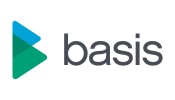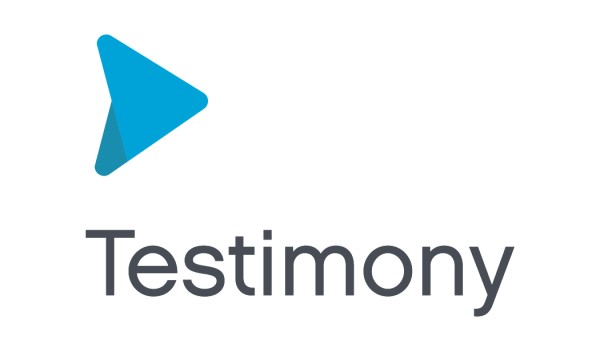Overview
Filter sets are the way to configure Testimony to limit the selection of what is recorded and played back for a test and/or to suppress error messages for certain objects. There are 4 points (Process Steps) where this can occur: Recording, Transfer to repository, Transfer to Execution & Comparison (Playback). You can exclude and/or include RFC/Dialogue/Batch jobs at every point. Filter Sets can be set up for specific Test Plans or to used across all Test Plans. They are accessible from the Configuration menu as shown below.


By default, there will always be a pre-configured (Default) Filter Set for each Process Step (Recording, Repository, Execution and Comparison). They are used to exclude activities that are running in your Source system, but are not required for Testimony to accurately play back in your Target System. During your installation and initial configuration, your Basis Technologies consultant may also add exclusions specific to your environment.
To create a new Filter Set, click on the Process Step tab (in this case, “Execution”) and then on the create button

The follow window will appear. Fill in the required info. The “Type” field will determine if this filter set will be Custom (You’ll need to give it a name) or a plan specific Filter Set (you’ll need to give it the Test Plan number and the name will be generated). By default, your new Filter Set will be Inactive, so be sure to Activate it when you want to use it. The Exclusion Stage field will default to the tab you were in when you clicked the Create button. You can change it if your intent was for a different stage.

Once you click the create button, you’ll see the new Filter Set in the list where you can now add Exclusion and Suppression objects.



Post your comment on this topic.